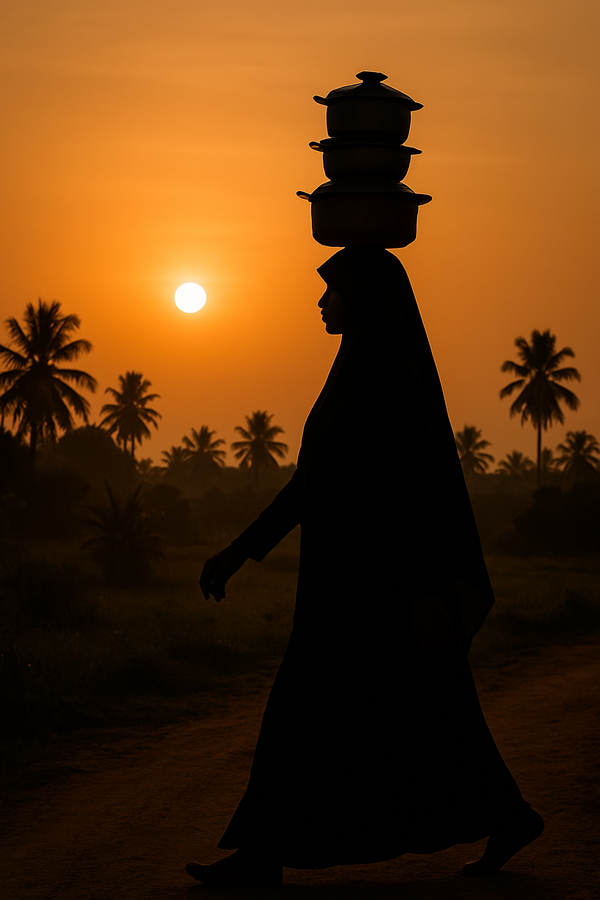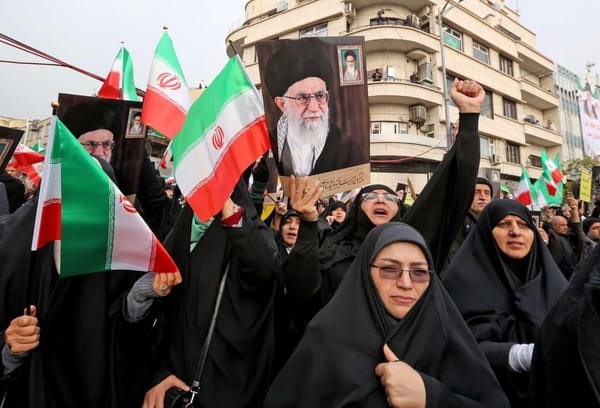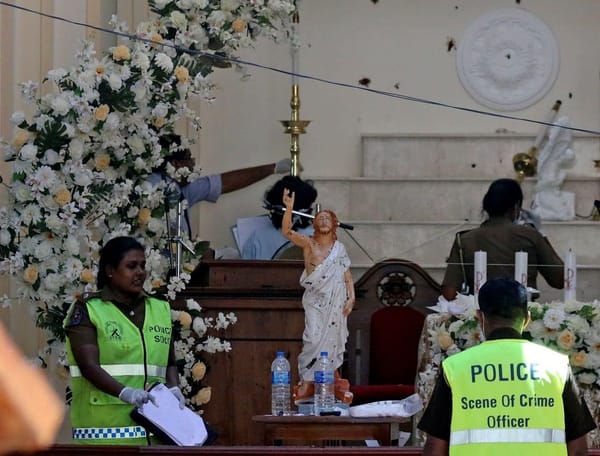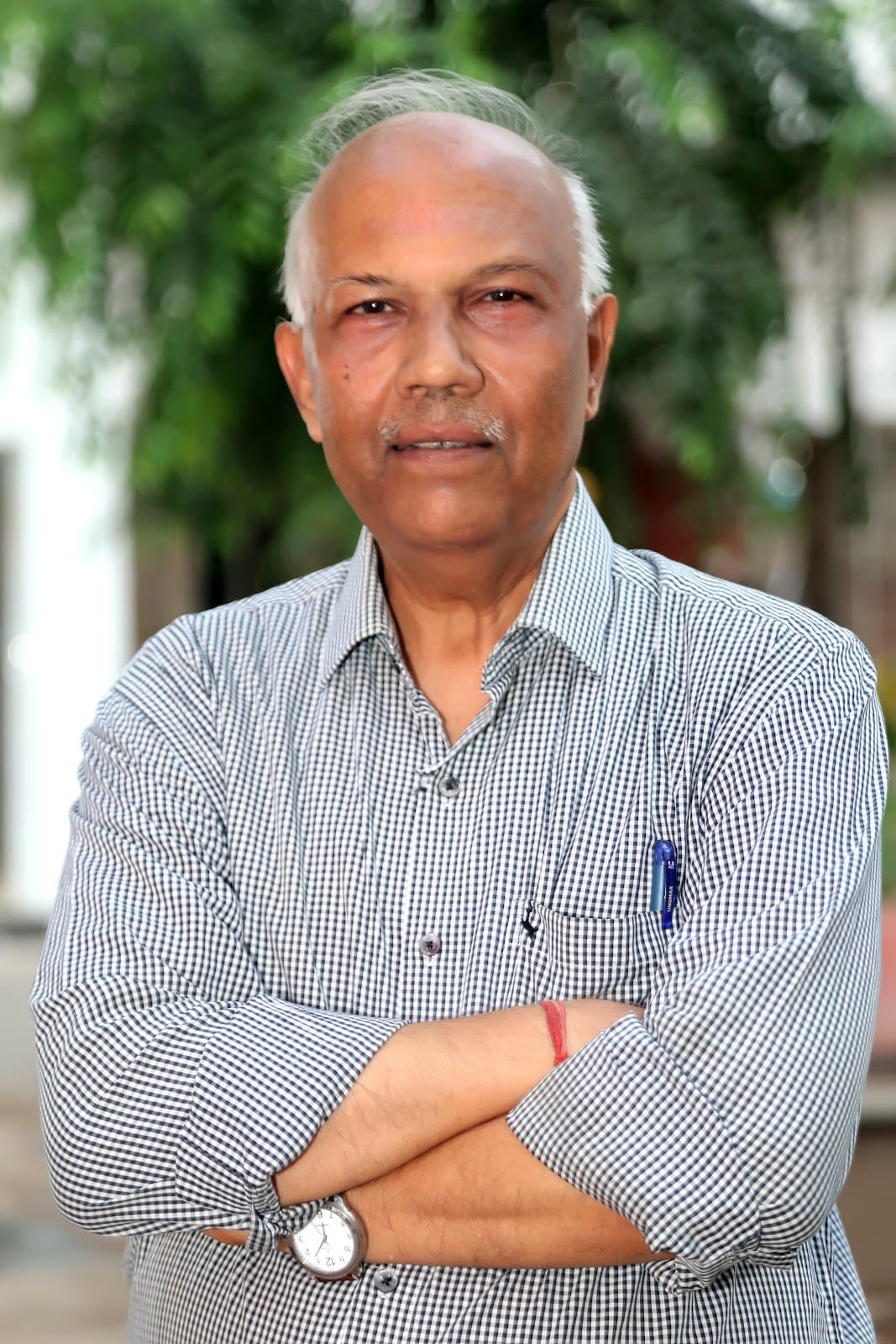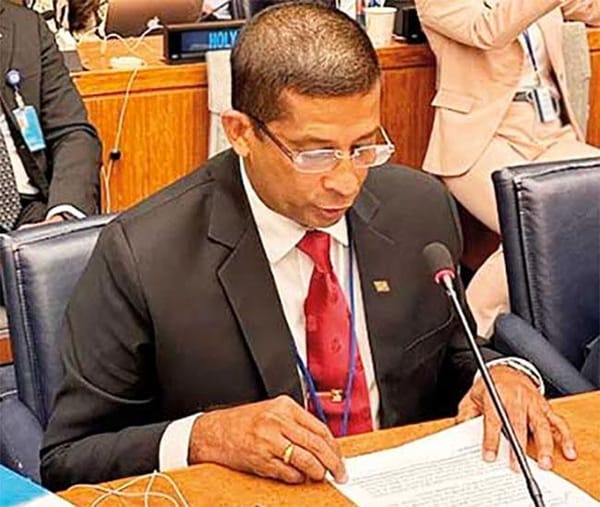Translated from the original Tamil short story uṇarccikaḷ (உணர்ச்சிகள்) from the 1976 collection of short stories titled kōṭukaḷum kōlaṅkalum (கோடுகளும் கோலங்களும்) by Kuppilan Ai. Shanmugan.
The original collection is available at noolaham.org. If you have any questions, please contact ez.iniyavan@gmail.com.
She was sitting next to him. He peered at her intently with curiosity. Her proximity made him fidget. He breathed in the scent of the perfume that wafted from her and delighted in the gentle embrace of the front piece of her sari.
Something told him that he had seen her before. Peering at her, he tried hard to remember where. He looked at her light blue sari, her single plait that dangled like a black snake, and the white jasmine flowers that smiled from the top of her plait. He looked at her lips coated with a very light red gloss, and the slim gold chain that glittered in her long, shimmering neck. With a sideways glance, he could see one side of her face, her long nose, the long eyebrow that reached till her ear, and the shining rolled gold of a cheek.
Suddenly he remembered that he had seen her at an examination hall before. Towards the end of that examination, he saw that face and the inquisitive round eyes like black beetles on them, as he looked up to ponder how to beautifully answer a question about literature. He smiled charmingly. She smiled back and bowed her head. He remembered how that beautiful poetic experience gave him the impetus he needed to excitedly write an exquisite response to the question.
He recalled how he tried, and failed, to meet her after the examination. He remembered how he frantically looked for her, and the soaring sensation he experienced for the next two or three days, thinking about her smiling face, with a joy tinged with sadness. Thereafter, he remembered, he forgot about her, and went on to appreciate the attractions of the ups and downs of daily life. He remembered those charming times.
He let out a huge sigh and crossed his legs. He lifted his arm intentionally so that it brushed against her, and mumbled, “Sorry!” as if he regretted it. He tried everything he could to attract her attention. But she did not budge. She sat motionless, with her attention fixed on the stage, completely immersed in the happenings on stage.
He was frustrated. He glanced cursorily at the various decorations in that hall. In that time when evening met night, the electric lamps in the hall was oozing yellow tinted light. The hall was filled with heads. The sound of salaṅkai, the traditional Tamil ankle bracelet with bells, emerged from the stage. The middle-aged man in front of them was casually belching out cigarette smoke. The young woman next to him wearing a silk saree – perhaps his wife – turned her face away as if she was disgusted by the smoke. She appeared to be much younger than the man. She wore her hair in a single plait, tied at the end with a flowery tassel adorned with round red and white beads. A smiling, beautiful doll-like girl of ten came running from somewhere to hug the young woman, shouting, “Aunty!”
His neighbor clapped her hands excitedly, shouting “Bravo, bravo.”
He looked at the stage. The elaborately bedecked young woman on stage lifted one foot, repeatedly pounced it on the floor while bending her hand several times, showing some abhinayam, a stylized hand gesture in bharatanātyam. The sounds of her salaṅkai were sweet to the ears. The singer sang in Tamil in a sweet voice:
“I found the meaning of the word ‘beauty;’
I was elated…. my friend!”
The dancer set her legs apart, lowered herself towards the floor, and stood up again while gesturing with her hands. It was indeed fabulous. He lost himself in the charm of the performance.
He turned to his neighbor and asked, “She dances beautifully; Who is she?”
She turned to face him fully. She was momentarily startled, but recovered quickly to respond with a smile that signaled her recognition, “I don’t know.”
He smiled gently, and said, “She is beautiful.”
She turned to look at him as though she did not like what he said. “This hall is also decorated beautifully,” she said curtly.
He looked around the hall as though he was doing it for the first time. Coconut and mango leaf decorations gently swayed in the wind. Colored paper decorations glittered under the floodlights. A portrait of the goddess of the arts, kalaimakaḷ, sat on one side of the stage decorated with colored light bulbs.
He said, “You are right. But then one could say that the whole world is beautiful. The dancer has one kind of beauty that is natural, the hall has a different kind of beauty that is artificial.”
The moment he said it, he was distressed, wondering if he had been too presumptuous in trying to explain something that she would not understand.
She turned to look him in the eye and said, “Beauty is a theory of the mind.”
He immediately became alert, realizing that he had underestimated her. He understood that she was well-informed about subtleties like this. He looked squarely at her face, having previously seen her face only from the side. He regarded the red poṭṭu on her forehead that stood like an exclamation mark, her lightly accentuated eyebrows, the two circular earrings that dangled from her ears, and the immaculate straight line that parted her hair, and said:
“Beauty is indeed a theory of the mind. What appears to me as beautiful might disgust you, what disgusts you might bewitch me with its beauty. I can assert something is beautiful even if you didn’t think so. Yet, this world does indeed have things with eternal, natural, charming beauty that everyone would agree on.”
She sat with her head bowed, as if she agreed with him. Suddenly he felt he may have spoken too loudly and looked around to see if anyone noticed. People were whispering among themselves. He looked at the stage. A bespectacled old man in trousers was rehashing the philosophy behind the Navarātri celebrations that everyone had already heard many times over.
“Tamils have given a pre-eminent place to women; they respected womanhood; this is why they built temples for the goddess of feminine energy, sakthi and worshiped her. Learning, wealth, and bravery are indispensable for human life. Tamils worshiped them in the form of female deities kalaimakaḷ, alaimakaḷ, and malaimakaḷ respectively. They were cognizant of the significant role played by women in human life.”
He smiled to himself. He remembered the words of the poet who lamented, “Aiyō, the debased Tamil country,” out of anger and frustration. For how long do we go on making orations like these …?
He looked at her. She continued to be silent.
“Are you angry with me…,” he asked tentatively.
“Not at all…”, she smiled back.
“You are very beautiful,” he continued.
“You, too…”, she cast her eyes down, in embarrassment.
Her cheeks reddened. He was in a state of bliss. He felt he perceived the eternal permanence of worldly life. He thought that the words, “You, too…” coming from the mouth of a pleasing woman contained the essence of a wonderful poem. He felt the same overwhelming emotion that one felt while looking at a beautiful painting or listening to timeless music or reading an immortal story. He felt that the entire essence of his life was contained in that moment.
He took hold of her hand. She squirmed as though she did not like it. Her left big toe scratched the ground, she bit the nail on her left little finger, and whimpered silently.
A singer on the stage was into freely rendering a raga elaborately as if he was showering the audience with flowers.
As he gently stroked her hand, he thought he was incredibly fortunate, at least in this matter. He brimmed with pride at recognizing his good fortune in having found someone who was beautiful, whose intellect was equal to his, and who could be his intellectual companion. He thought even if they disagreed about something, the disagreements would also be a form of bliss.
As the audience chattered, the singer brought his performance to a conclusion. She extricated her hand saying, “Let me go.” Her other hand gently caressed the hand she extricated from him.
He remembered the scene he saw some time ago at the rocks by the seaside hotel. A white man kissed a woman – perhaps his wife – so openly. How many people would have seen that scene against the backdrop of the red globe of the setting sun, and the blue sea. He was embarrassed at having seen that sight, concerned that the young generation who witnessed such scenes would change their own behavior.
He compared the femininity of the woman who shyly extricated her hand saying, “Let me go” to the femininity of the white woman who kissed a man publicly in front of many people. He marveled at how place, time, environment, and history influence the lines of civilized behavior.
“What are you thinking about?” Her voice sounded sweet in his ears.
He awoke from his reverie.
The crowd started to disperse after the event. She handed him the package with the pirasạ̄tham, the temple offering blessed by the deity, that she had picked up for him. She said, “I am going to take my leave,” and turned towards the bevy of young women who were waiting for her.
“Wait a minute,” he said, “you didn’t tell me your name or anything else…” he hesitated.
“I think that isn’t necessary. These moments between the two of us are sweet for both of us. Do we need to cross paths again?” She turned and started walking towards her friends.
He stood stunned as though he had been struck by lightning, feeing his emotions growing numb. As he followed them, he wondered about the vicissitudes of human emotion.
He could hear their vivacious laughter. They laughed and chatted gaily among themselves with nary a care as they turned towards the east.
He turned towards the west, thinking about himself. He felt that a strange unknown emotion, neither joy nor sadness, filled him.
The moments with her gave him joy.
Her parting gave him sadness.
He consoled himself thinking that life itself consists of lines drawn by the mosaic of emotions.
The leaves on the trees swaying in the wind under the light of the streetlamps drew their lines as shadows.



